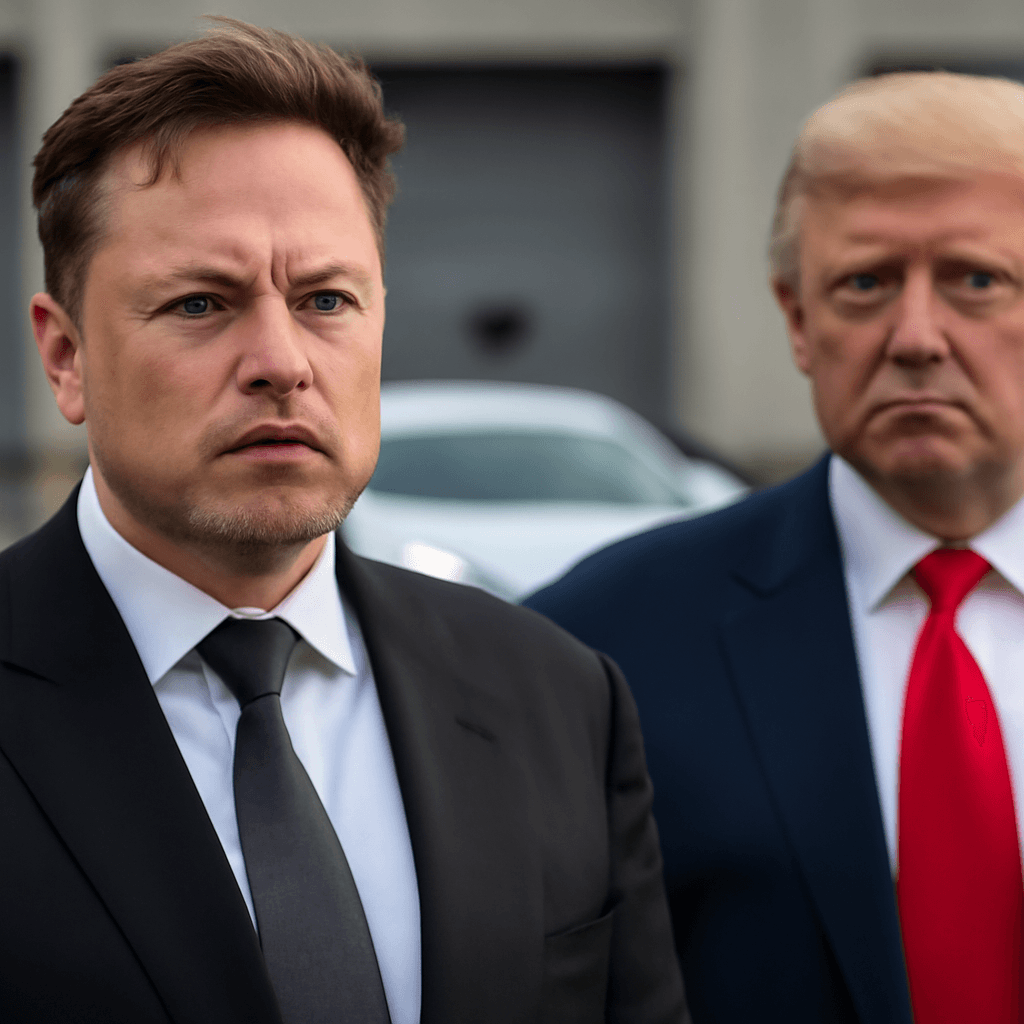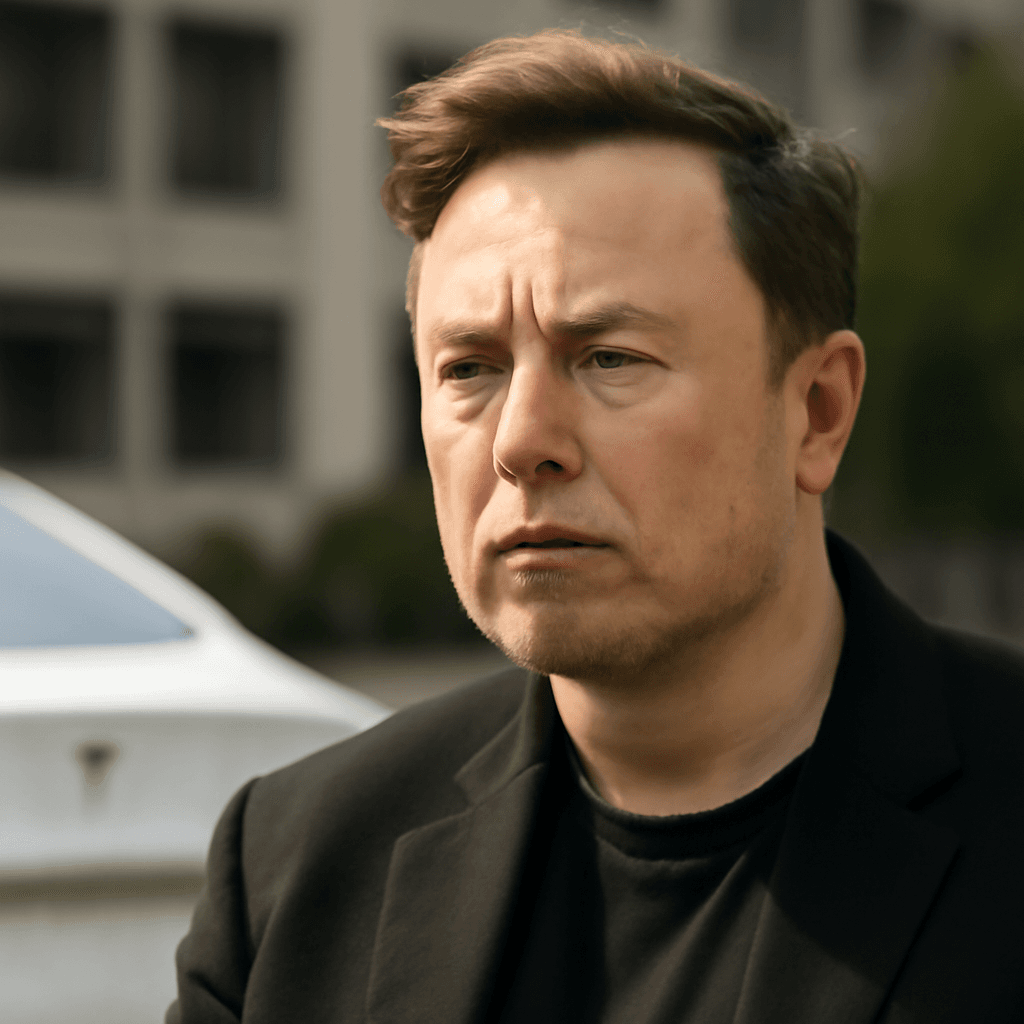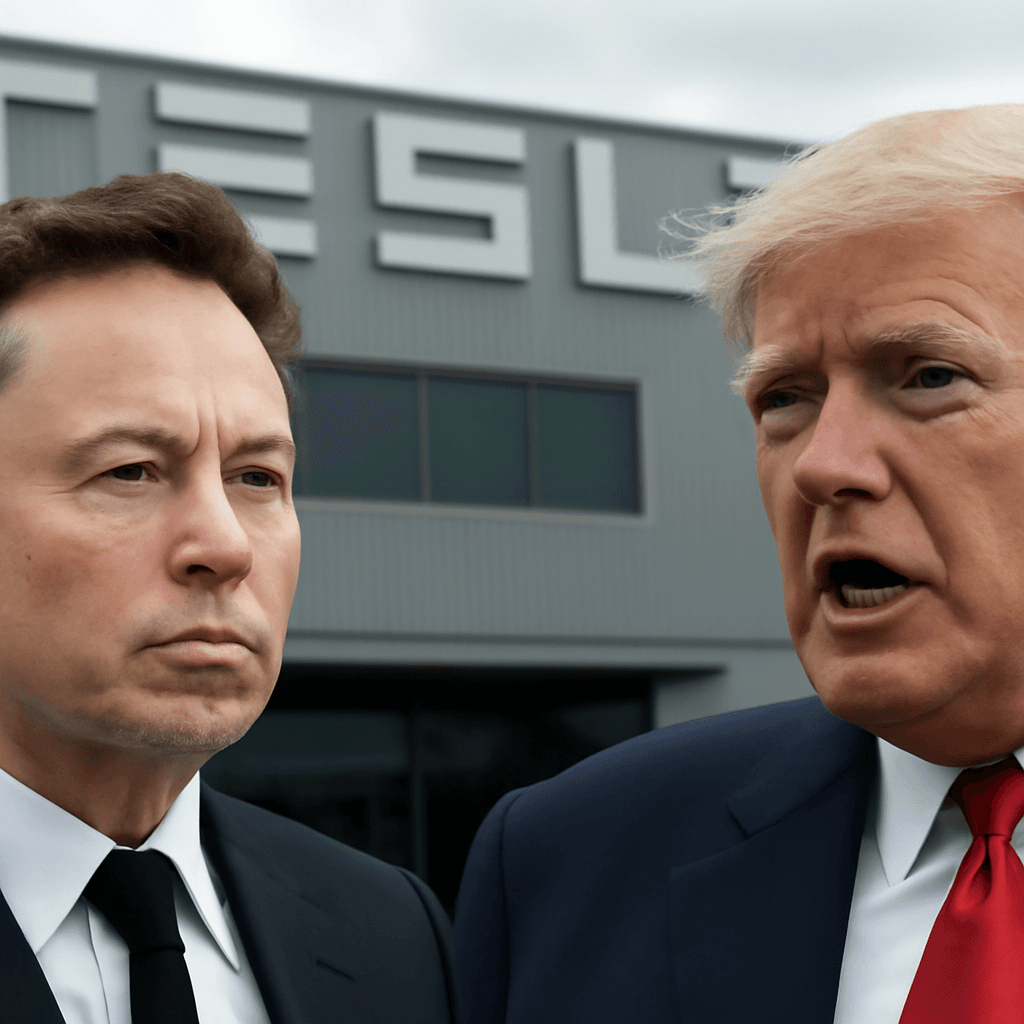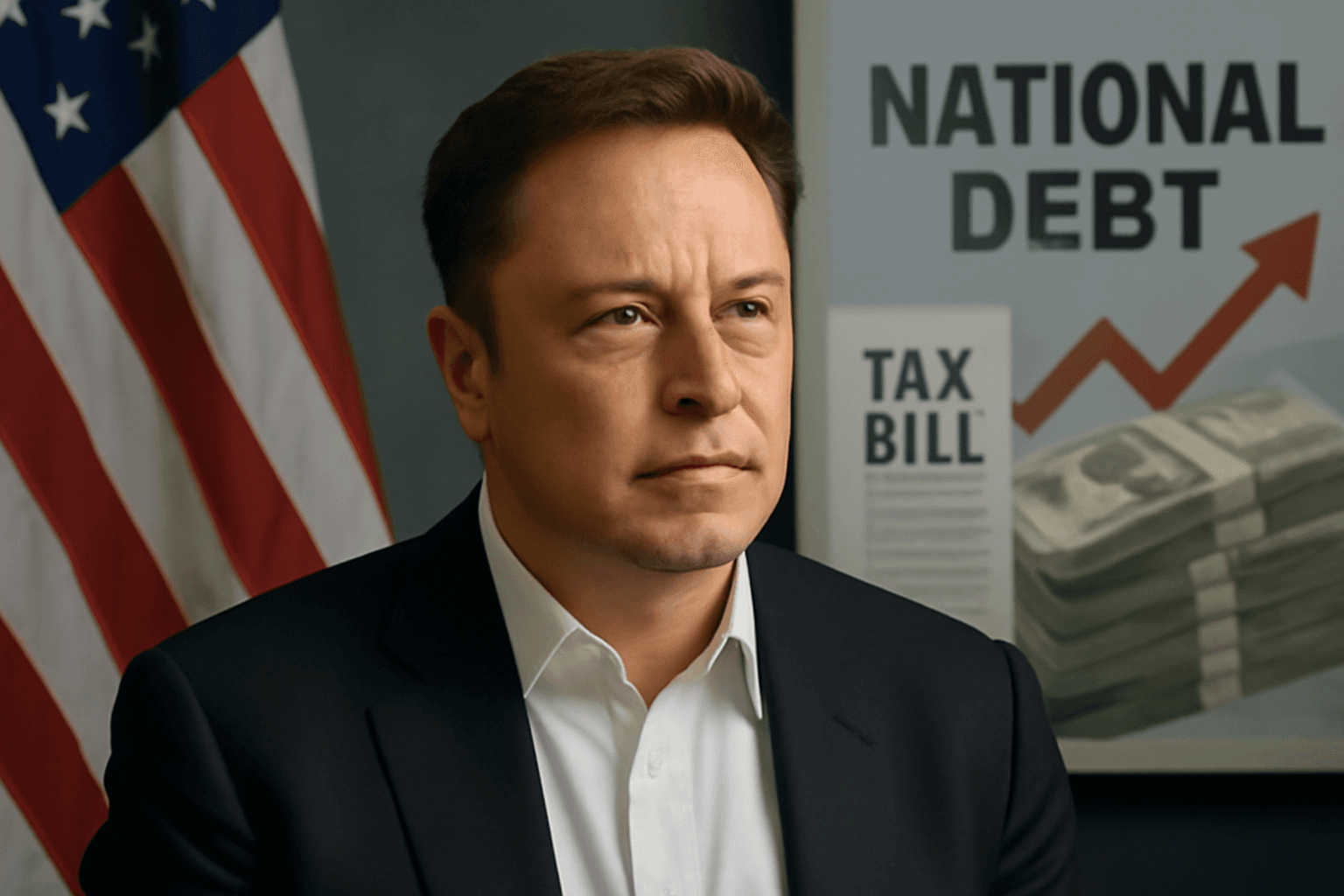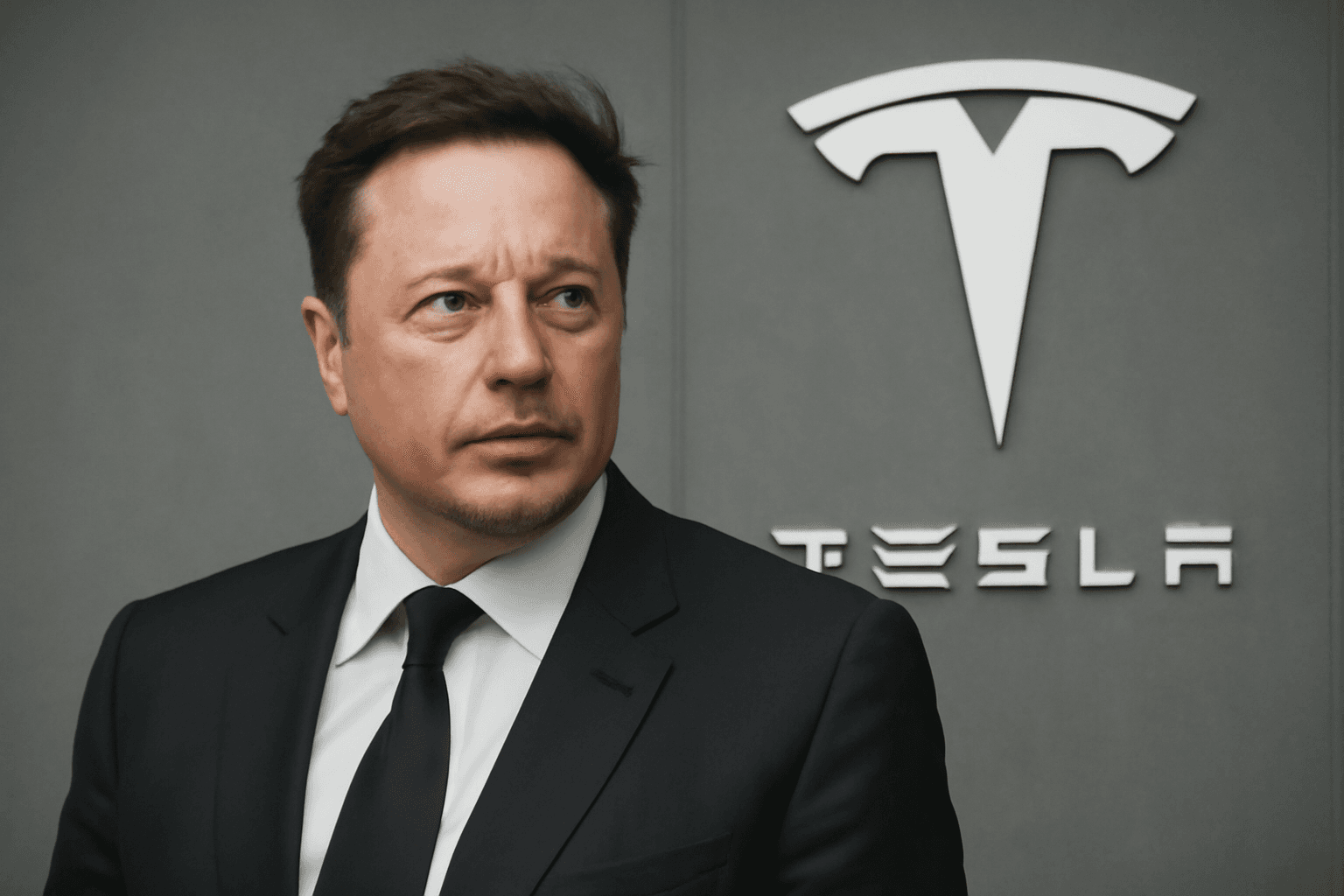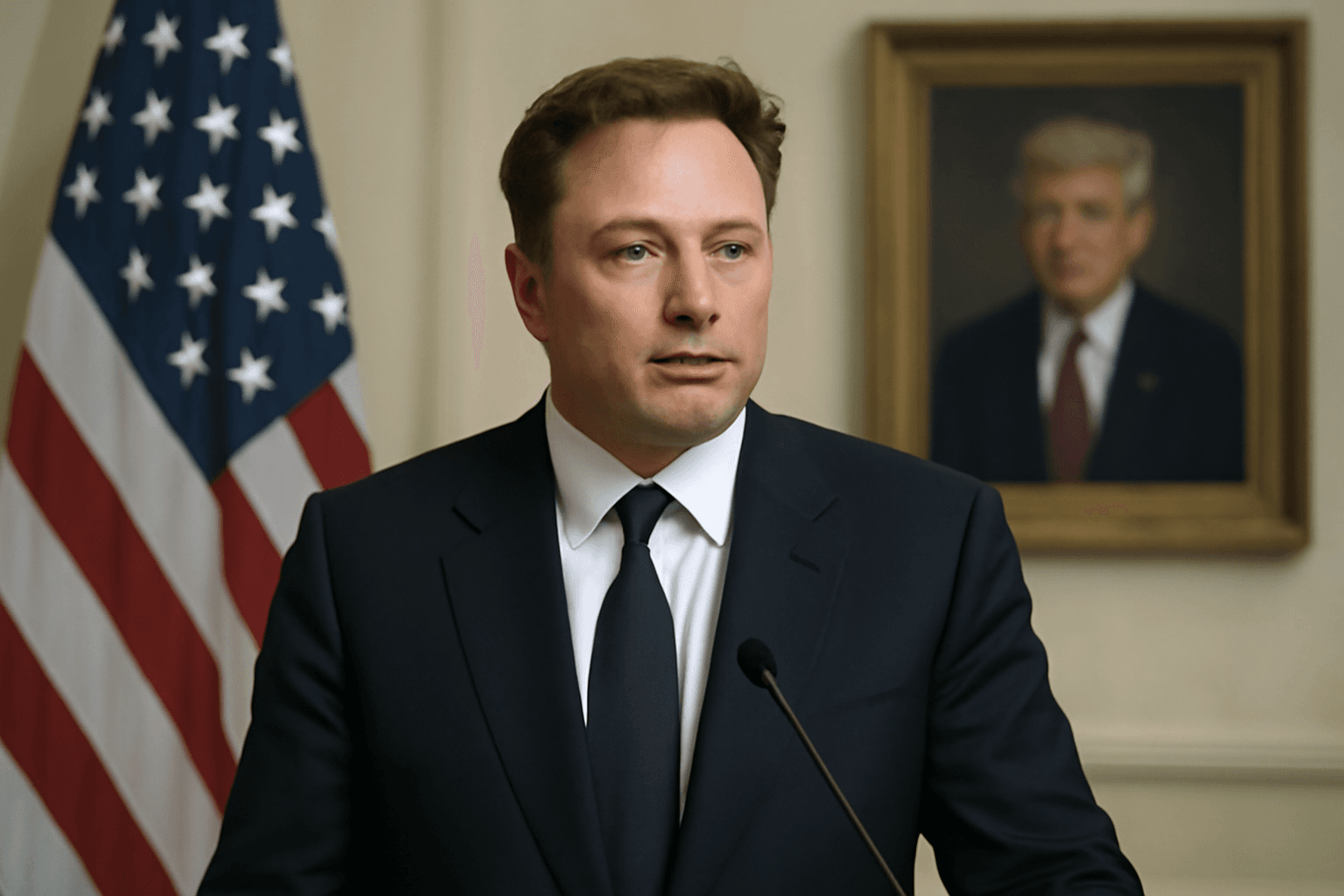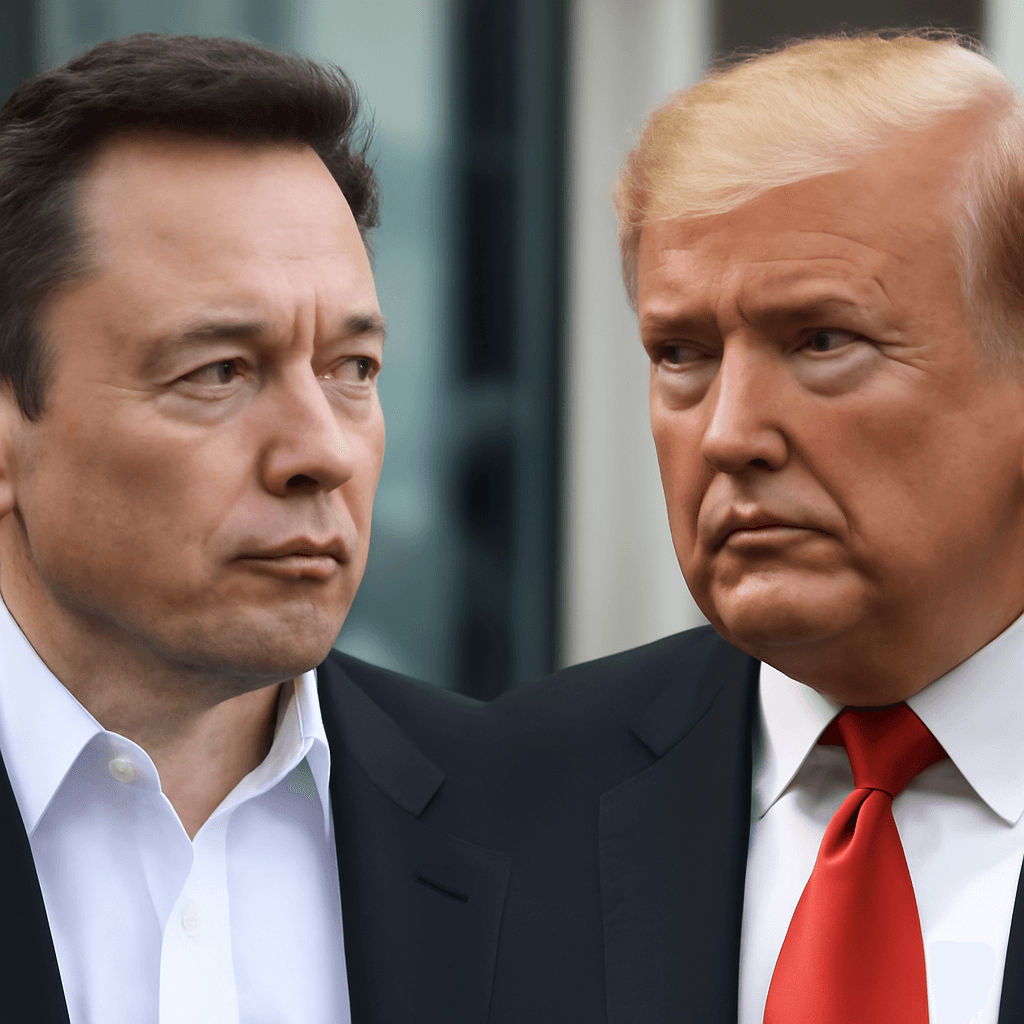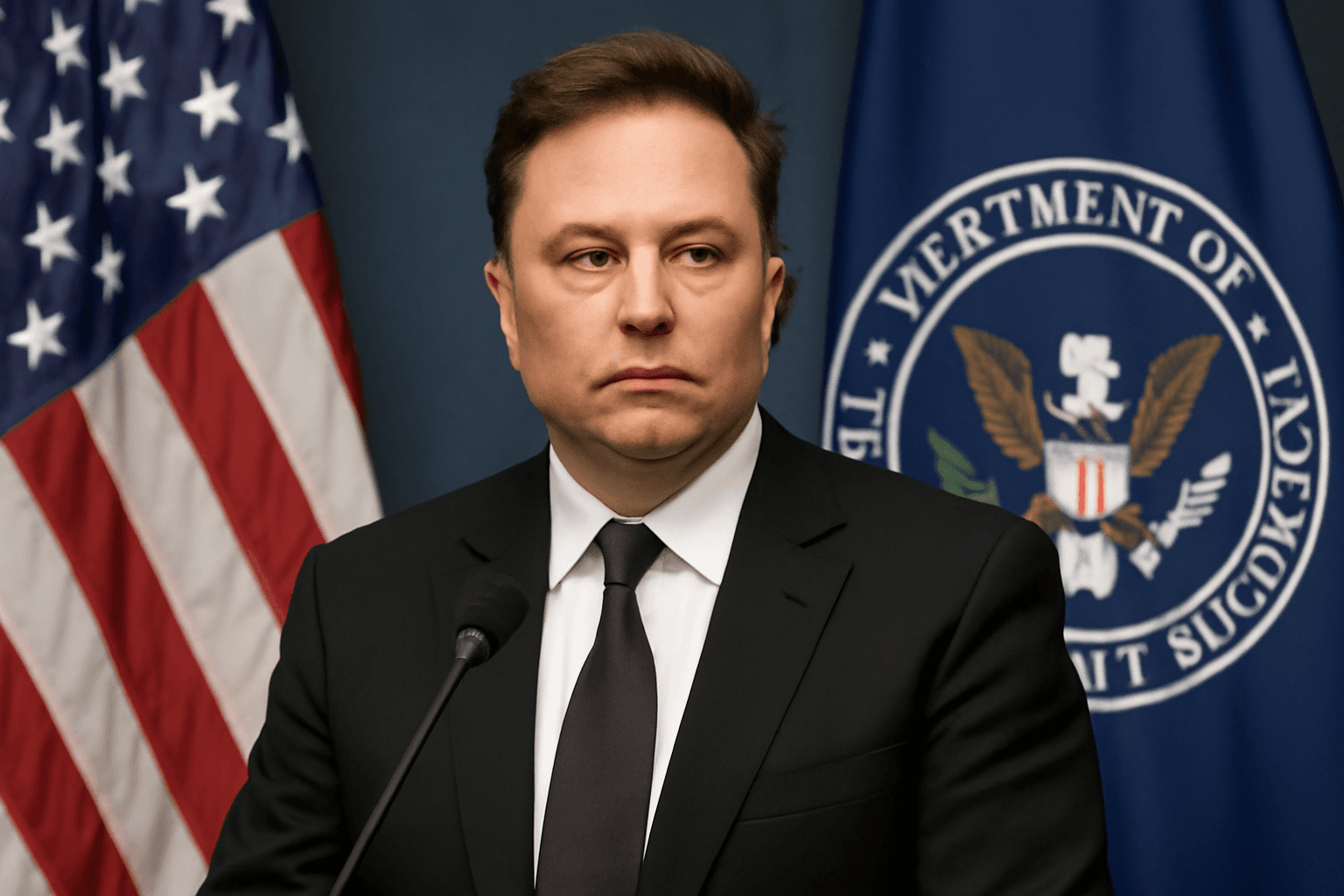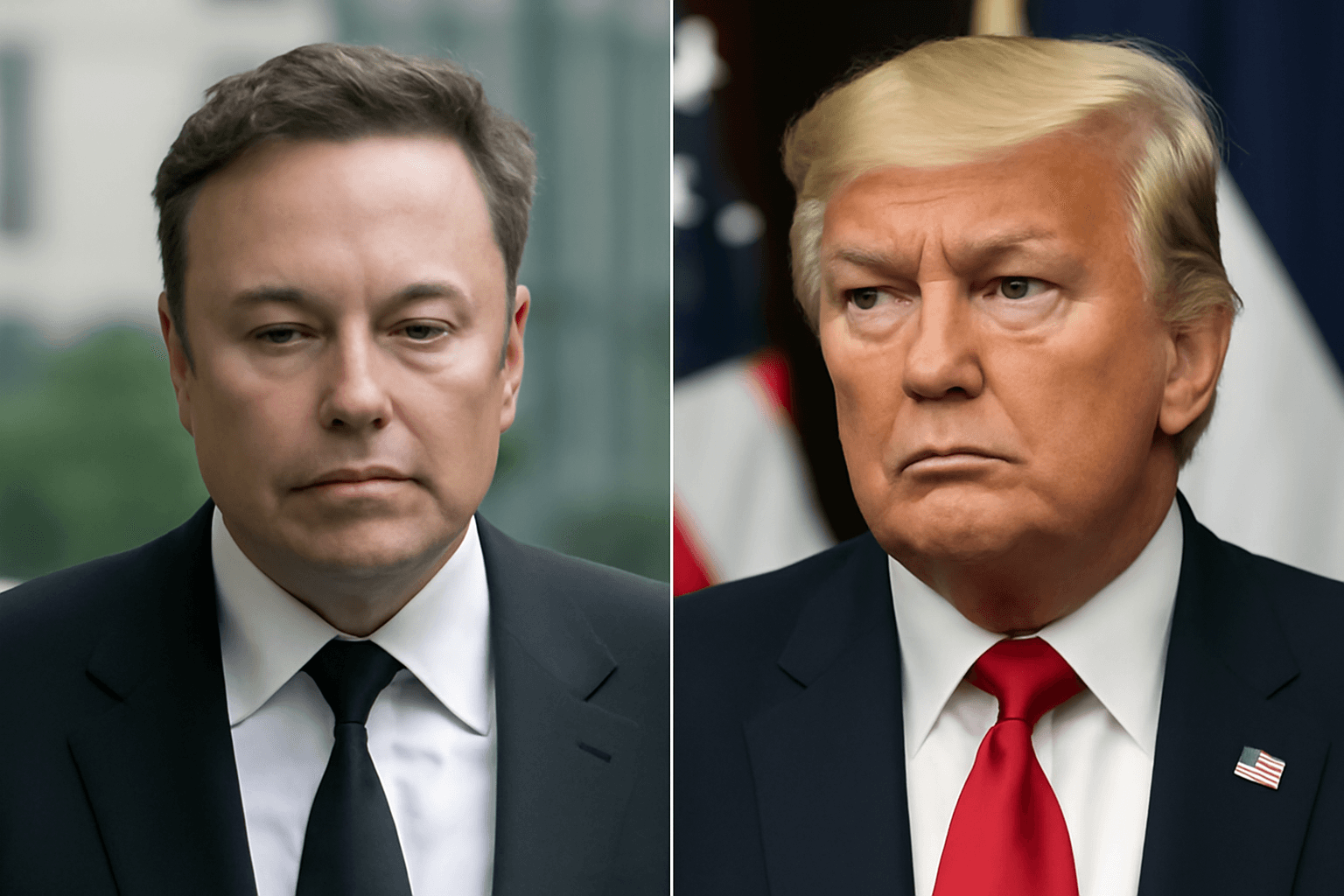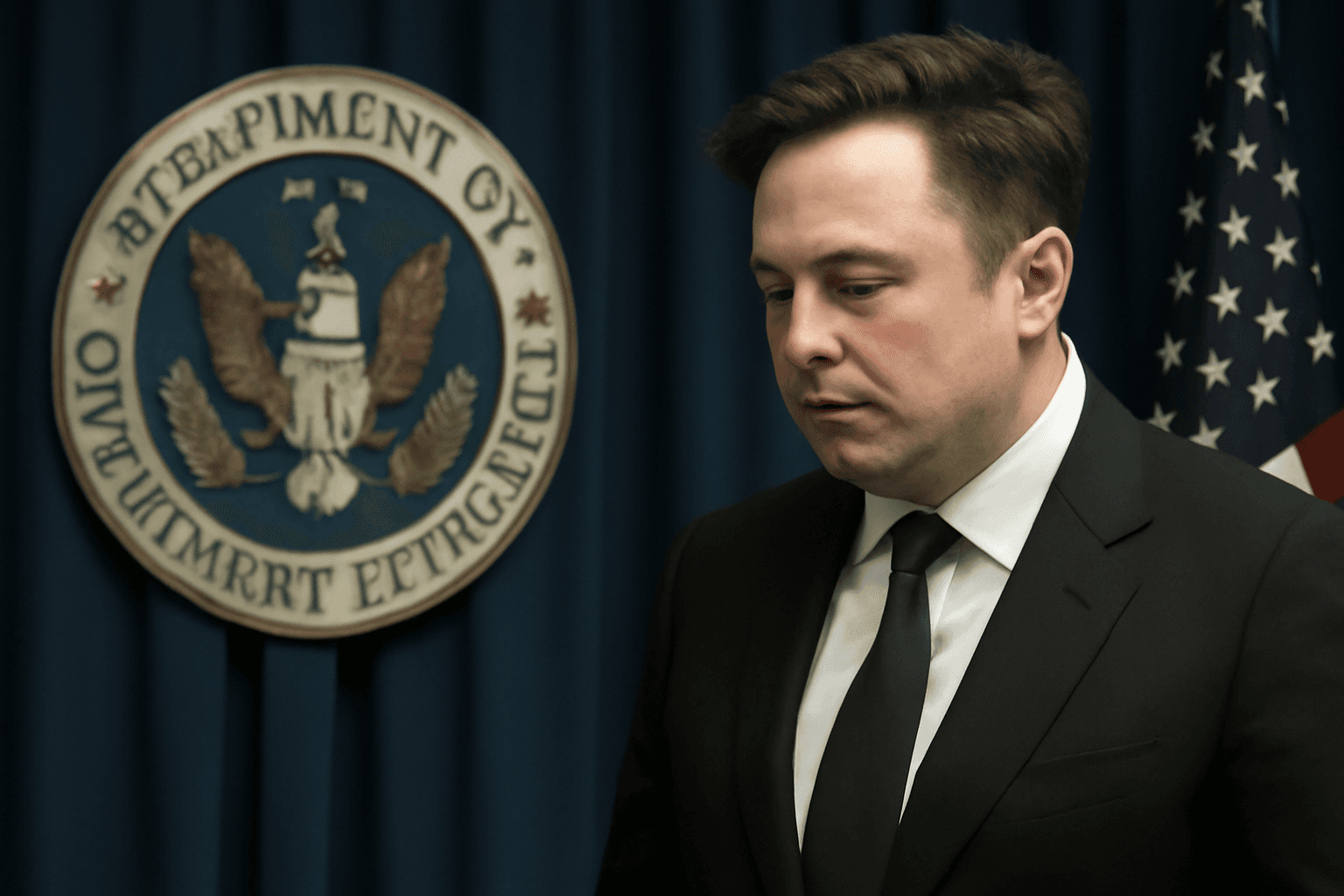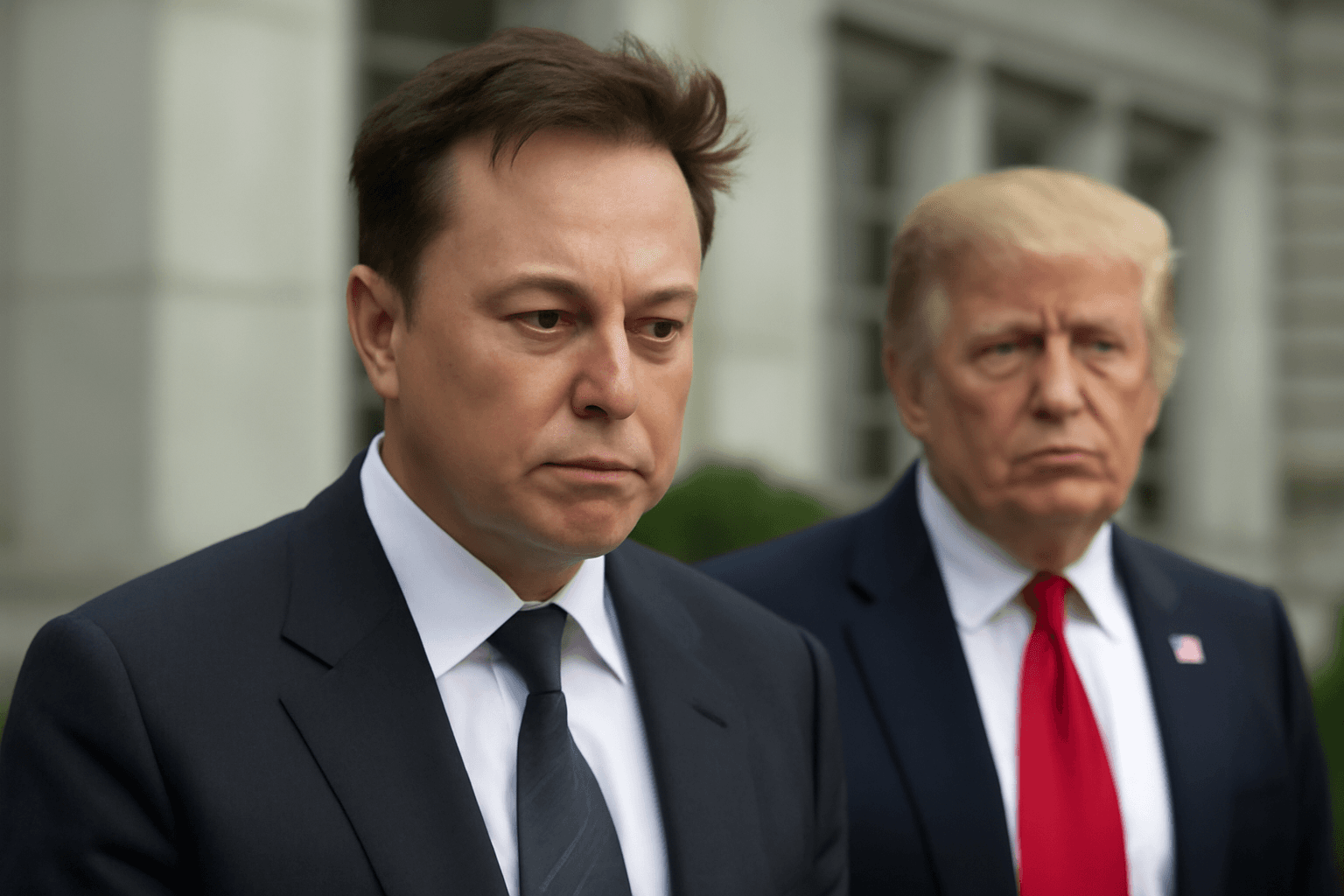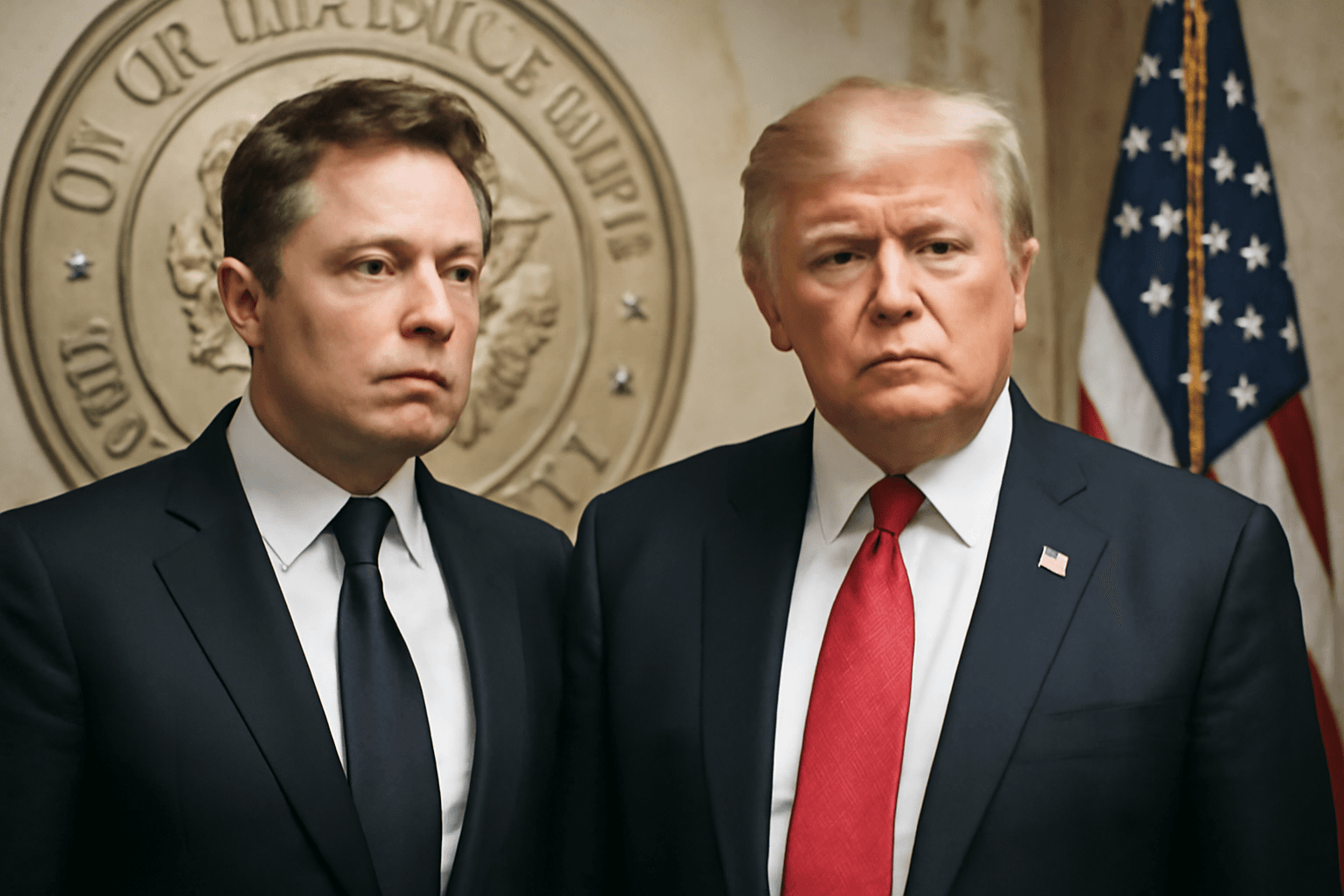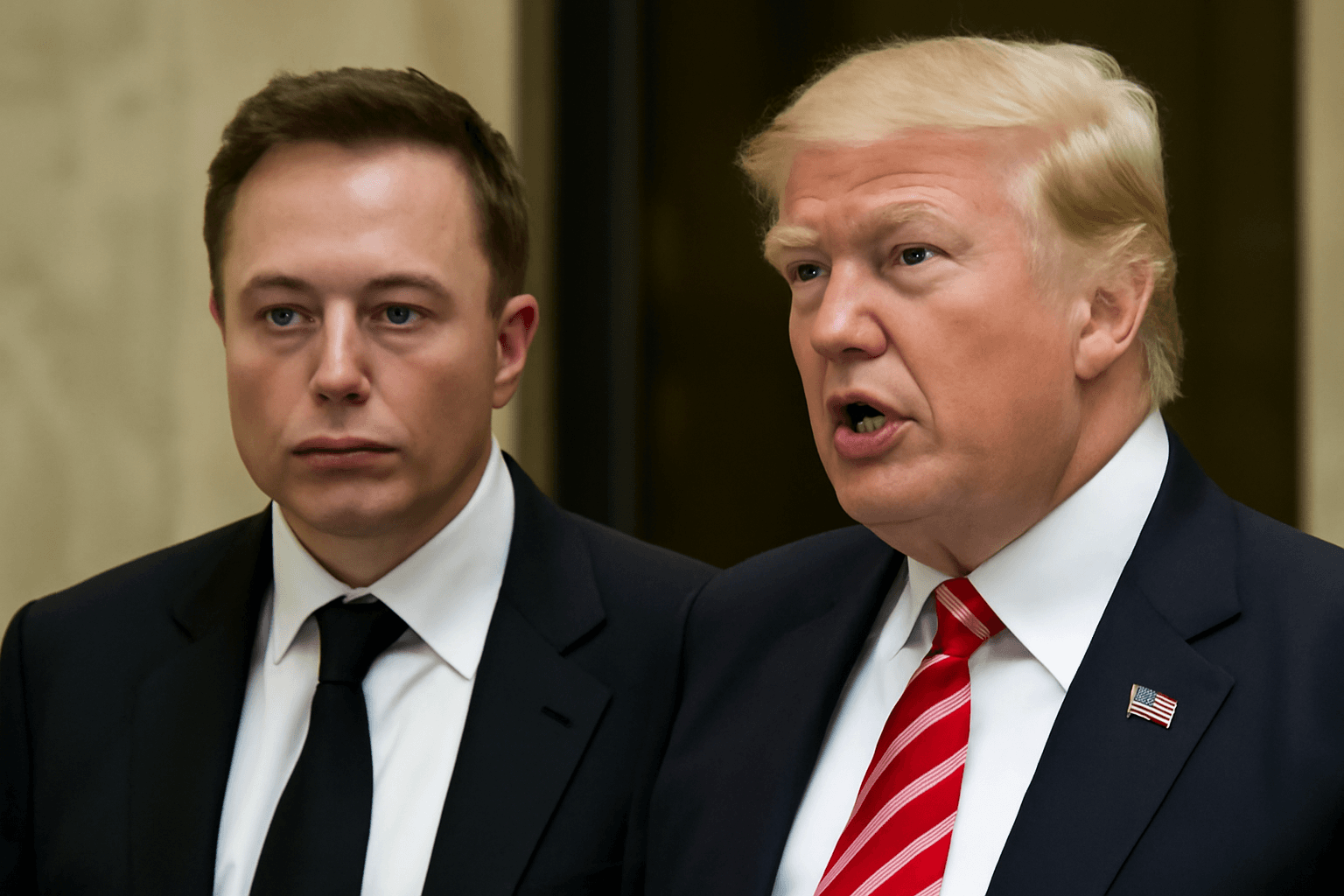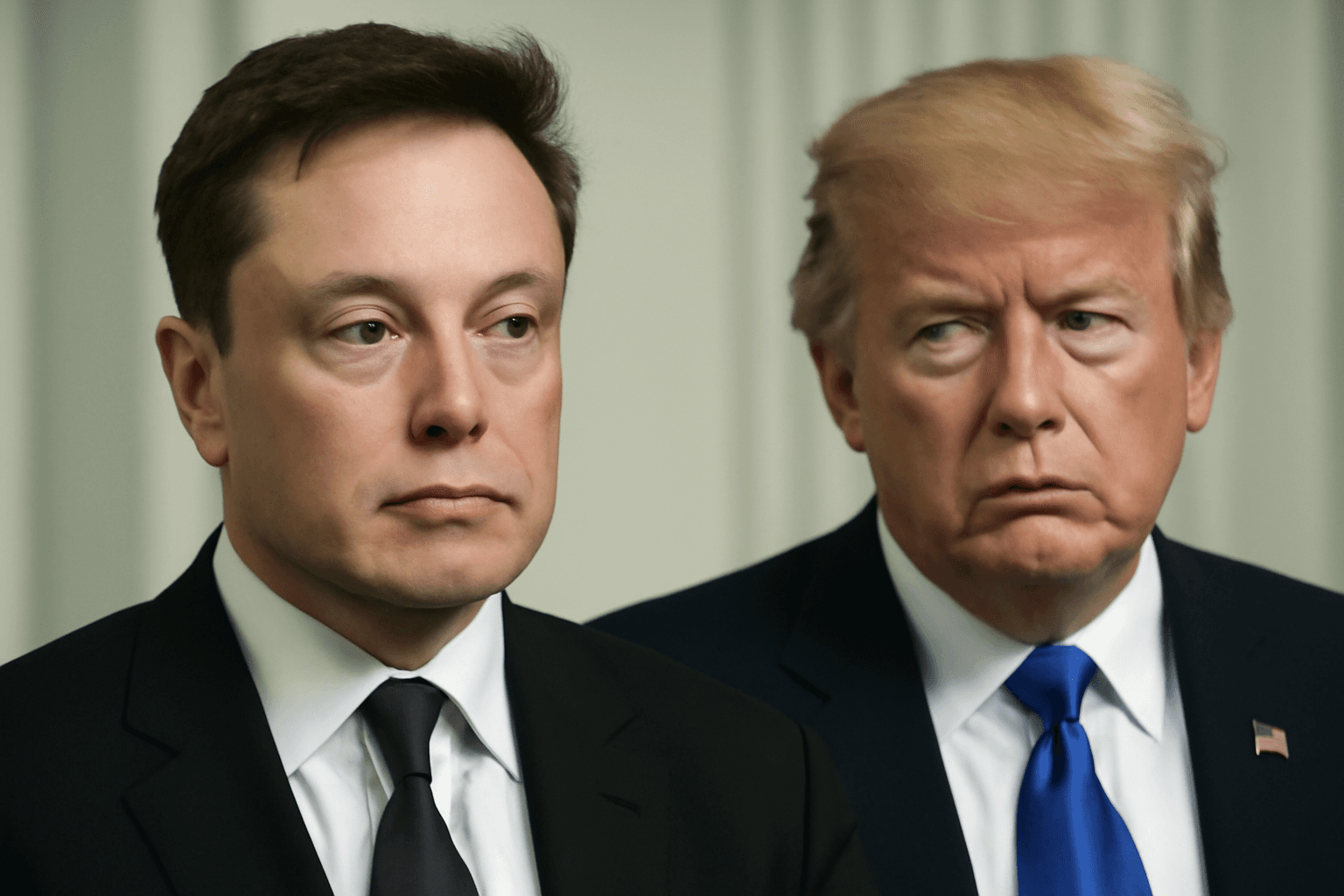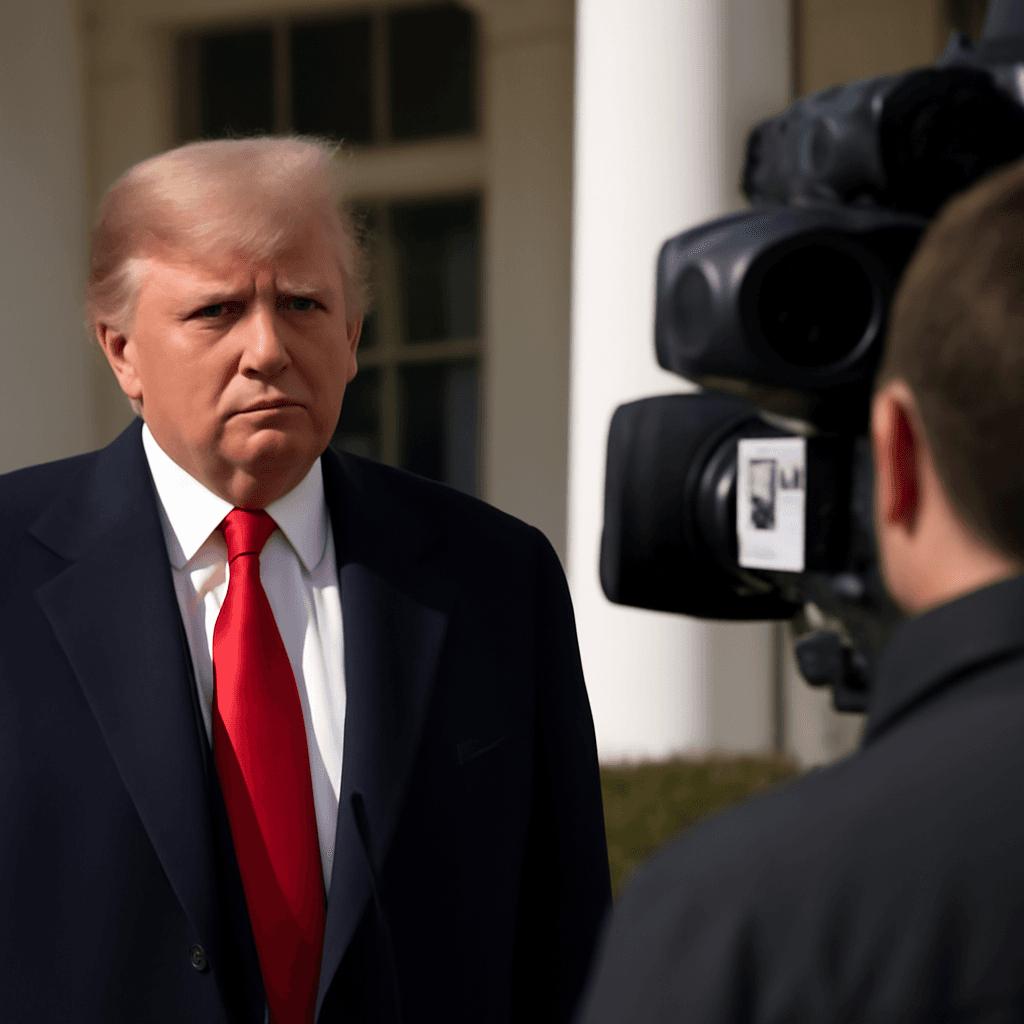Escalating Elon Musk and Donald Trump Dispute
Tesla faces intensified challenges following a public confrontation between CEO Elon Musk and former President Donald Trump. The conflict erupted after Musk criticized a significant spending bill under discussion in Congress, which Trump endorsed. Musk labeled the bill an "abomination" and urged followers to oppose it, prompting Trump to threaten cutting government contracts and subsidies for Musk's companies.
Impact on Tesla's Market Valuation
This dispute contributed to a severe market reaction, with Tesla shares falling 14% in a single day—the steepest drop since the company went public 15 years ago. This decline erased approximately $152 billion from Tesla's market capitalization and reduced Musk's net worth by nearly $34 billion. Consequently, Tesla exited the trillion-dollar valuation club.
Potential Political and Regulatory Ramifications
The breakdown of relations between Musk and Trump carries significant implications for Tesla's future. The Trump administration's dissatisfaction could affect ongoing regulatory policies, investigations, government contracts, and decisions regarding tariff exemptions that Tesla has sought for Chinese-manufactured equipment. This political tension compounds Tesla's existing obstacles, notably increased competition from more affordable electric vehicles (EVs) from China.
Challenges in Revenue and Market Performance
- Tesla's revenue declined 9% year-over-year in the recent quarter, with auto revenue dropping by 20%.
- Sales in Europe and China have experienced substantial declines of up to 50% and 20%, respectively, in recent months.
- Quality issues have surfaced, including multiple voluntary recalls of the Cybertruck due to software and mechanical defects.
Public Backlash and Protests
Musk's political activities have sparked protests and acts of vandalism against Tesla properties across North America and Europe. Public demonstrations and advertisement campaigns have urged boycotts, linking Tesla vehicles negatively with controversial symbols. Furthermore, events like the Vancouver International Auto Show have excluded Tesla to avoid safety concerns linked to these protests.
Board and Investor Concerns
Institutional investors and public officials stress the need for improved governance and leadership at Tesla. They criticize the board's apparent inaction regarding Musk's divisive behavior, which they believe jeopardizes Tesla's financial stability, brand reputation, and future in the EV industry. Calls for a leadership focus on operational issues rather than political controversies have intensified following recent turmoil.
Technological Front and Future Outlook
Musk encourages focusing on Tesla’s advancements in autonomous vehicles and robotics. Despite promises of launching a limited driverless ride-hailing service in Austin, the company trails behind competitors like Waymo in commercial autonomous operations. Recent leadership changes, including the departure of the head of Optimus robotics, highlight ongoing challenges in innovation.
Investor Sentiment and Market Recovery
Some investors view recent share price drops as buying opportunities, maintaining confidence in Musk’s long-term vision. Analysts acknowledge Tesla's potential in artificial intelligence, autonomy, renewable energy, and supply chain innovation despite short-term setbacks.
Conclusion: Uncertain Path Forward for Tesla
The deteriorating relationship with the Trump administration adds complexity to Tesla’s already challenging environment marked by market competition, regulatory uncertainty, and internal management issues. While Musk remains an influential and polarizing figure, questions about the company’s ability to navigate this multifaceted crisis persist. The interaction between Tesla and Washington will continue to be critical in shaping its future trajectory.

